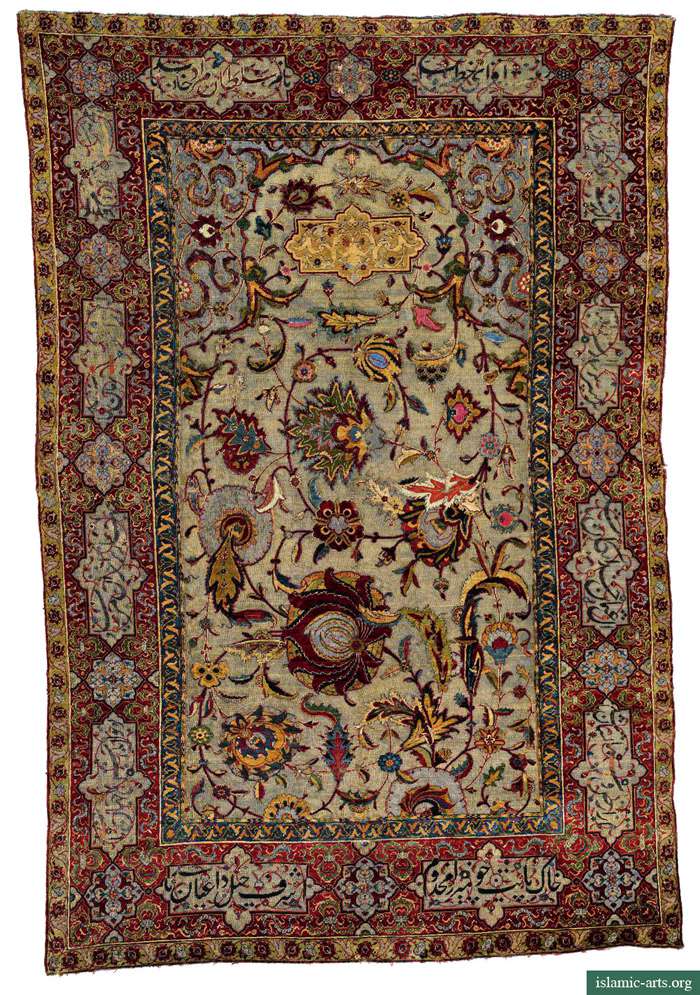FWP:
SETS == GENERATORS
This is one of only a handful of ghazals from which Faruqi has selected every single divan verse as superior.
In the case of the first line, yaqīn-e ijābat , 'assurance of acceptance', can be read in two ways. The commentators adopt the obvious reading (1a), 'assurance about God's acceptance of your prayer'. But why can't it also work the other way? Then we would have (1b), 'assurance in your acceptance of God's will'. If you're confident that you can and will accept what God sends (and/or whatever comes along), then it's not proper to pray. Both meanings obviously work elegantly with the second line.
The second line features a lovely, extremely clever double use of baġhair-e to mean either 'except for' or 'without'. The second line thus urges the addressee either to pray for nothing else but an unmotivated heart (2a); or to pray for nothing unless s/he would have an unmotivated heart (2b). On the colloquial uses of baġhair , see {59,1}.
The commentators confront some, though by no means all, of the paradoxes of the verse. What does it mean to ask for-- or not ask for-- a heart that has no muddaʿā , no desire/object? If you pray for such a heart (2a), you are praying for something that will cause your prayers to cease. For if you don't have a purpose or desire (2b), you have nothing to pray for. Do you then pray only for a desireless heart? Do you pray only as a way of glorifying God? Do you not pray at all? (For a cynical comment on the 'power' of prayer, see {68,1}.)
And finally, what kind of 'assurance of acceptance' is required
here, for the achievement of such ready access to God in prayer-- or such
complete resignation to God's will? This verse is another of Ghalib's tightly
constructed, unresolvable little 'meaning generators'.

Nazm:
That is, when you have no desire/object at all, then there won't even be any need for asking for anything in prayer. (80)
== Nazm page 80